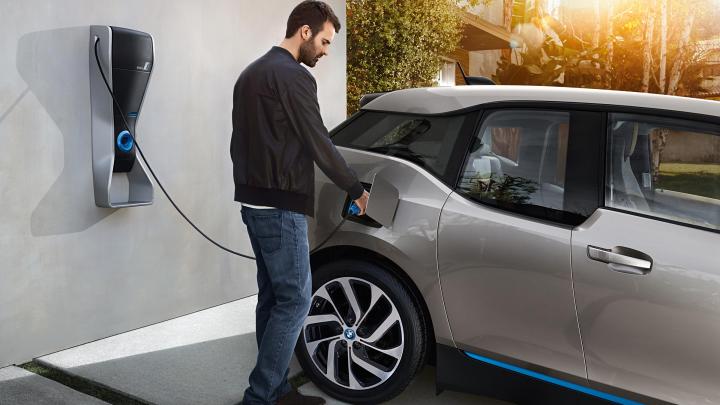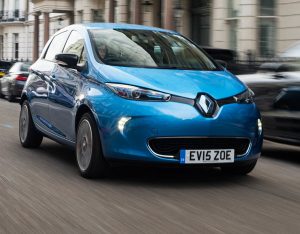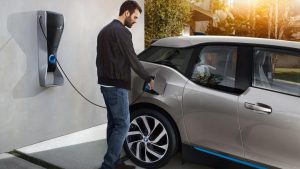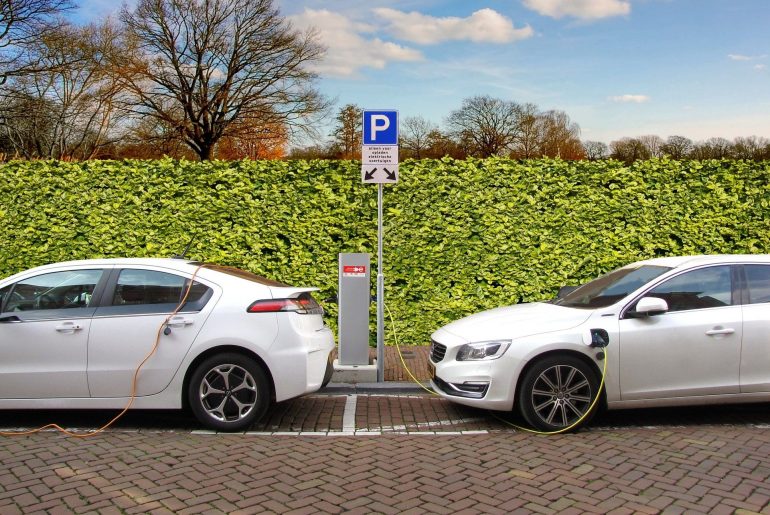
- 931 views
By APH
Is it great to own an electric car in the UK?

For a lot of motorists, this question is becoming ever more important as 2021 approaches. Figures show that electric car ownership is rising quite sharply, both over the course of 2020 (even accounting for a slump during lockdown), and year on year since 2016. Whether this is because drivers want to do their bit for the environment, or are wisely taking advantage of government incentives, is a moot point. What is certain is that there are carrots and sticks around the corner, which will force people into deciding whether to buy an electric car in the UK or risk buying a traditionally powered car. Here we look at the factors involved in making this very important decision.
Is this a good time to buy electric?

The issue of timing is one very important motivating factor in asking, “is this a good time to own an electric car UK?” Resale value is always a big consideration for any car owner; from the moment you take delivery from the dealer or previous owner, you stand to lose money. As electric car technology is improving all the time, many drivers will be wondering if the electric vehicle (EV) they buy now will retain much of its value; especially considering the higher price of EVs compared to petrol or diesel cars. Also, are the cheaper models worth it considering they are still in the region of £35,000?
Then there is the question of grants. The UK government recently dropped its grant for purchasing a new EV from £4,500 to £3,500. They were set to scrap this all together, but the pandemic and resulting lockdown have changed their minds, at least for the time being. A perfectly fair question to ask, therefore, would be: “what is the government’s commitment to subsidizing new EV ownership?” If the powers that be were minded to take away the biggest incentive of all, It would definitely have a negative impact on the question, should I buy an electric car?
This is especially important because new EVs are already advertised at the reduced price; i.e., a car dealer will advertise a model for sale at the lower price, with government subsidy taken off. This reduction is applied by the dealers, which is a very good pointer to the best electric car to buy as you don’t have to spend now and reclaim later; however, a motorist might be understandably less likely to find an electric car attractive without the discount.
Should I buy an electric car with today’s public charging availability?

Confidence in charging stations remains a stubborn obstacle in the decision of whether or not to own an electric car in the UK. Although there are 30,000 charging points spread around the UK, drivers want to be confident that at least one of these is on their route to wherever they need to be. Ideally, as a motorist, you will know exactly where your nearest charging station is; preferably, this will be programmed into the Satnav, and your route will be planned to optimize this.
Getting to grips with charging the car is something that also puts potential buyers off buying electric. It is true that there are different types of plugs, physically different, with a variety of plugs that connect to the car. A vital aspect of charging is how much power in kilowatts (kW) the station can provide and how much your EV or plug-in hybrid (PHEV) can accept. This added layer of complexity is unfortunate and may have a detrimental effect on whether to buy an electric car in the UK.
In fact, great efforts are being made to bring electric charging stations up to a level playing field. As a rule of thumb when wondering what’s the best electric car to buy, an electric car with a charging capacity of 3kW is less likely to be compatible; this level of charge is associated with the Nissan Leaf, which is seen as very much a first-generation pure EV. Much more common, for both pure and hybrid plug-ins, are 7kW and 22kW. At the top of the range, rapid charging points deliver between 50kW and a huge 350KW. For new buyers, a fast-charging plug and station offering (7kW or 22kW) will be a safe option as we advance.
Is a home charging station a good idea?

If you’re serious about investing in an electric car, the answer to this question is definitely “yes,” and will choose to own an electric car in the UK a good one. At present, some forward-thinking employers (who are lucky enough to have space, facilities, and funds) provide charging stations that will take the worry of range anxiety away from their employees. This situation is sure to change; with the best will in the world, employers (or hotels, bed and breakfast establishments, etc.) will not be able to cater to their workers and guests’ electric cars in the numbers that will be required in the coming years.
For this reason, installing a home charging station is an excellent idea. If you have a driveway or a garage, having at least one charging point to use at night is a superb idea. These cost between £300 and £1,000 to buy, and there is a government subsidy of up to £500 available to offset the outlay. Charging times vary, but with a station at home, at least you won’t have to worry about keeping other EV drivers waiting. When choosing the best electric car to buy, it’s a good idea to fit the charging kilowattage with the vehicle; but it is possible to fully charge even top of the range electric cars with a 3.6 kW plug.
When asking, “should I buy an electric car,” having a charging station at home also makes great financial sense. Public stations will have different rates depending on kW level (and probably a number of other factors, like where they are located); this can seriously affect the value for money of your electric car. However, with a home charging station, you can take advantage of the cheapest overnight electricity tariffs. The really great news here is that you can charge your EV for as little as 2 pence per mile, or £5 for an EV with a 250-mile range. Compared to the price of petrol or diesel, those figures deserve serious consideration; that’s without the knowledge that you’re contributing very little to your carbon footprint.





